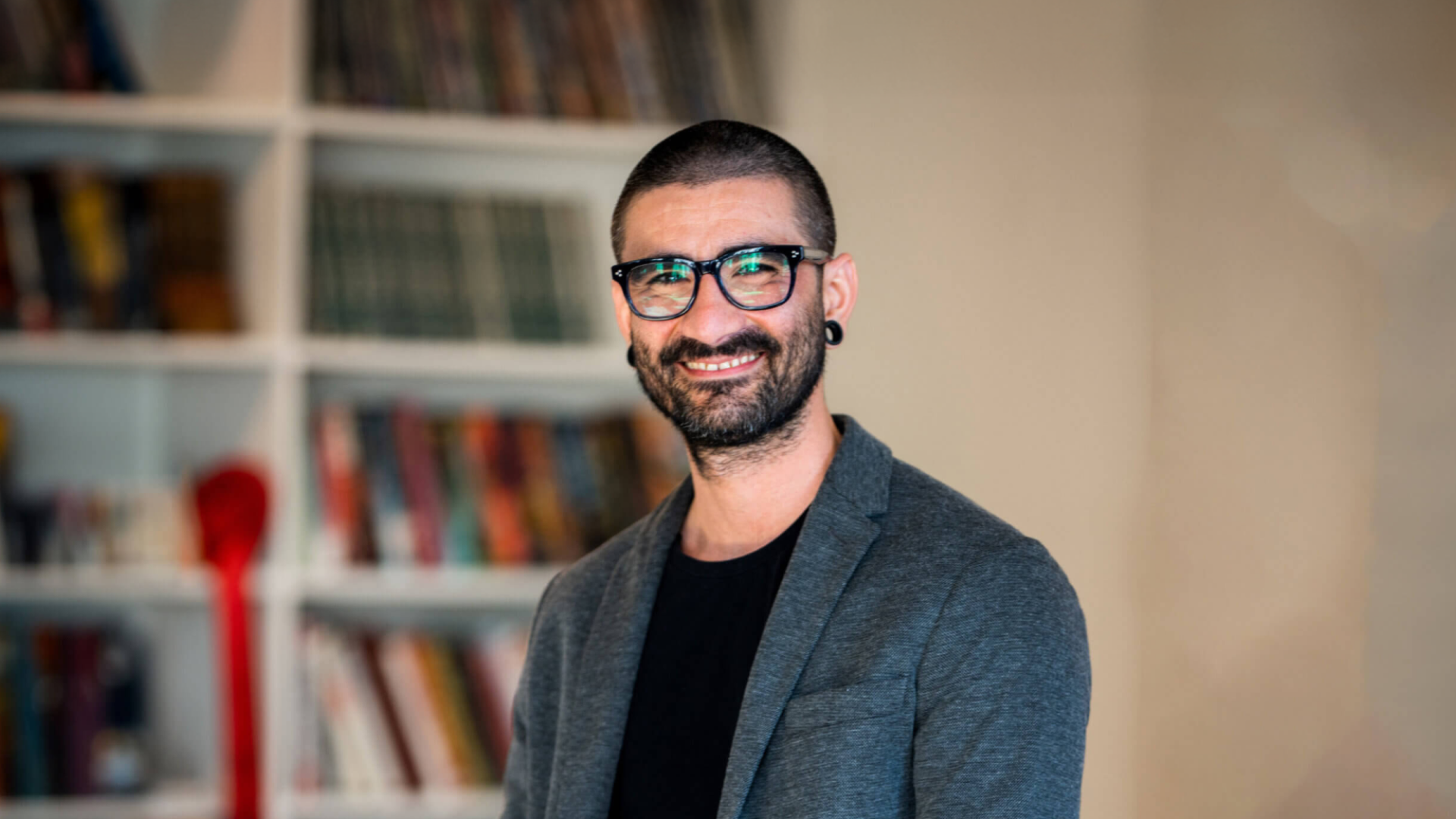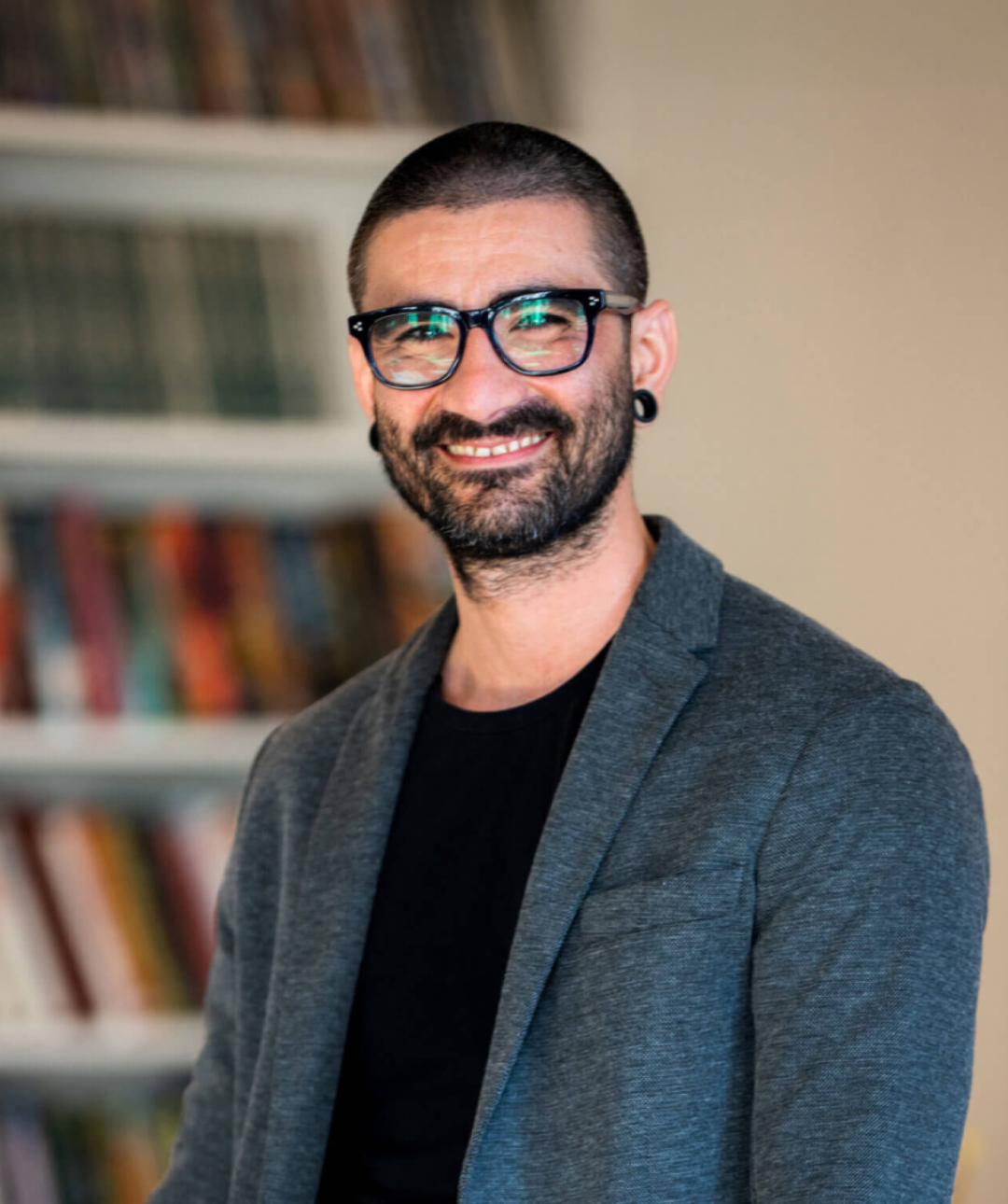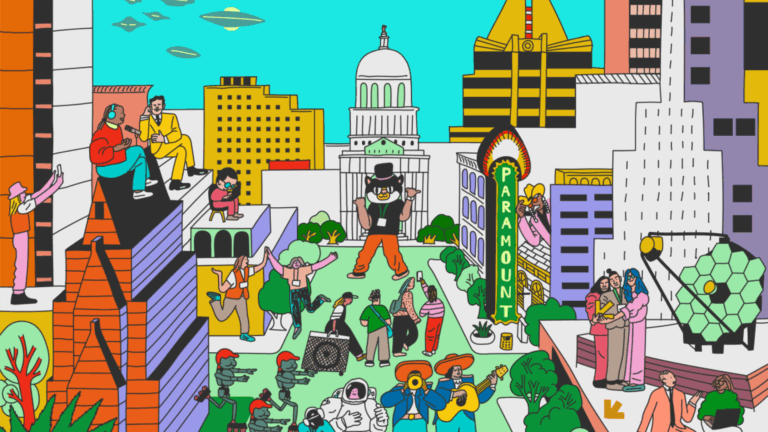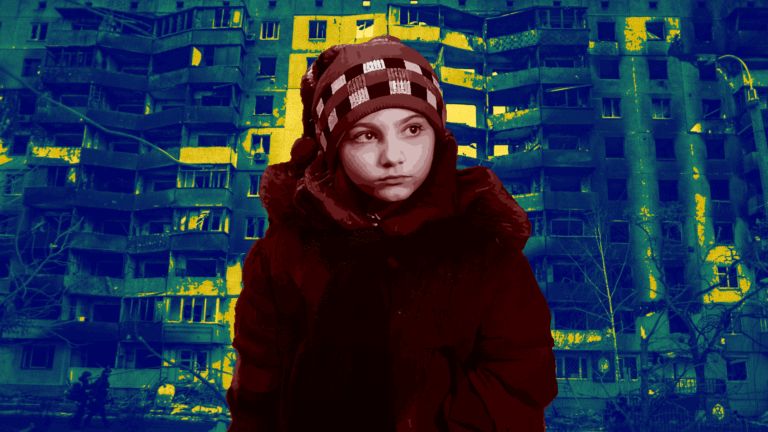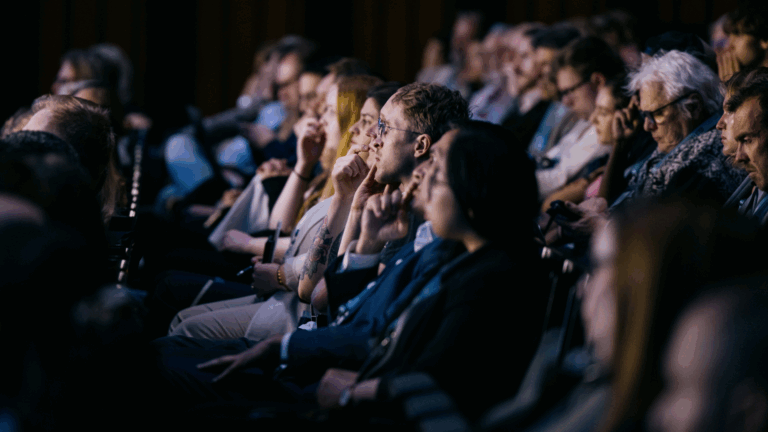Meet Yunier Suárez, a Cuban human rights defender, artist, and Human Rights Foundation (HRF) Freedom Fellow.
Through art and theater, Suárez has exposed the mechanisms of repression and violence employed by the Cuban regime. After several years of threats and censorship by the Cuban Ministry of Culture, he resettled in Spain, where he remains an active member of the citizen platform Cuba Decide, voicing grievances and advocating for systemic and democratic change in Cuba. He is also a coordinator for the Cuba Decide Citizen Initiative, which trains, mentors, and helps organize citizen leaders.
HRF recently sat down with Suárez during a Freedom Fellowship working retreat to learn more about his work in nonviolent resistance and citizen mobilization.
Q: Tell us about yourself. How did you begin working with Cuba Decide?
A: I was born in Camagüey, Cuba. Camagüey is a special place to grow up in; family and traditional values are fundamental to the community there. The first time I used art to speak up against the regime was to denounce the conditions that broke apart my family; over time, I experienced my family members flee Cuba one by one. After facing harassment and several arrests for my creative dissent, I ultimately had to leave in 2010 for Spain.
Before 2010, I was with a theater called “Teatro del Espacio Interior” (“Inner Space Theater”). I learned everything about theater and became an activist there without realizing it. There was one instance when we were presenting a version of Hamlet by Shakespeare on the day Fidel Castro died. We never censored ourselves and kept the original screenplay: “The king is dead,” “Something is rotten.” The security agents approached us for interrogation: “About what country do you speak?” I told them that it was Shakespeare’s text, and the text talks about Denmark. The agents believed us on the spot and let us go. It’s a funny story now, but it was terrible at the moment. Stories like this during my time with the theater taught me that dictators are only as strong as their pillars of support. They present a stronger picture of themselves — but this security agent was an absolute fool.
A few years after I left the country, I started working with Cuba Decide because it was the only nonpartisan initiative that proposed that all Cuban people should participate in the change we effect for ourselves.
Q: Why is art an essential tool for activism?
Art is not just a tool for denouncing the regime; it is a form of struggle against authoritarianism in and of itself. Art has the power to mobilize the viewer; that is why dictatorships are so afraid of artists. Tyrants can censor art, but the subtle message beyond that censorship still has the power to educate and influence individuals.
Q: How has the Freedom Fellowship been supporting you in your work?
A: The Freedom Fellowship has been essential in my growth as an activist. I started the program at a moment when I was broken into pieces, and I needed a safe place to heal. I realized the irony that as Cuba Decide, we want to bring change to Cuba — but for years in my work as an activist, I never changed anything about myself. The Freedom Fellowship gave me that opportunity. I picked up the tools to take my work to the next level, and refine our movement’s strategy and public narrative. In the meantime, I can regulate myself better mentally. I am grateful to know that there are allies like HRF who want to help activists like me.
Q: What do you hope to achieve in 2024?
A: There aren’t many programs out there like the Freedom Fellowship. I aim to share this fundamental journey of becoming a better activist with others in my movement. I will focus on developing a workshop series to teach other activists what nonviolent struggle can achieve in Cuba. I will also create multimedia pieces that inform the world of the island’s humanitarian conditions in a digestible way to combat dictators’ propaganda. The Cuban people need to know about life outside Cuba to be even able to imagine a better future for themselves.
Q: What message would you like to share with the HRF community?
A: Hear what Cubans have to say. Cuba is more than Fidel Castro or the Cuban dictatorship; it is made up of individuals and activists like me, who yearn for change, democracy, and opportunity to prosper. Change in Cuba can only be sustainable if Cubans work alongside one another in our pursuit. No one can decide for Cuba; Cuba has to decide for itself. Hence, the name of our movement is “Cuba Decide.”
The Freedom Fellowship is a unique, one-year program that gives human rights advocates, social entrepreneurs, and nonprofit leaders from challenging political environments the opportunity to increase the impact of their work. Through mentorship and hands-on training sessions, fellows develop critical skills and join a growing community of human rights activists.
If you’re interested in learning more about or donating to the Freedom Fellowship, we encourage you to contact Jhanisse Vaca-Daza at [email protected].


